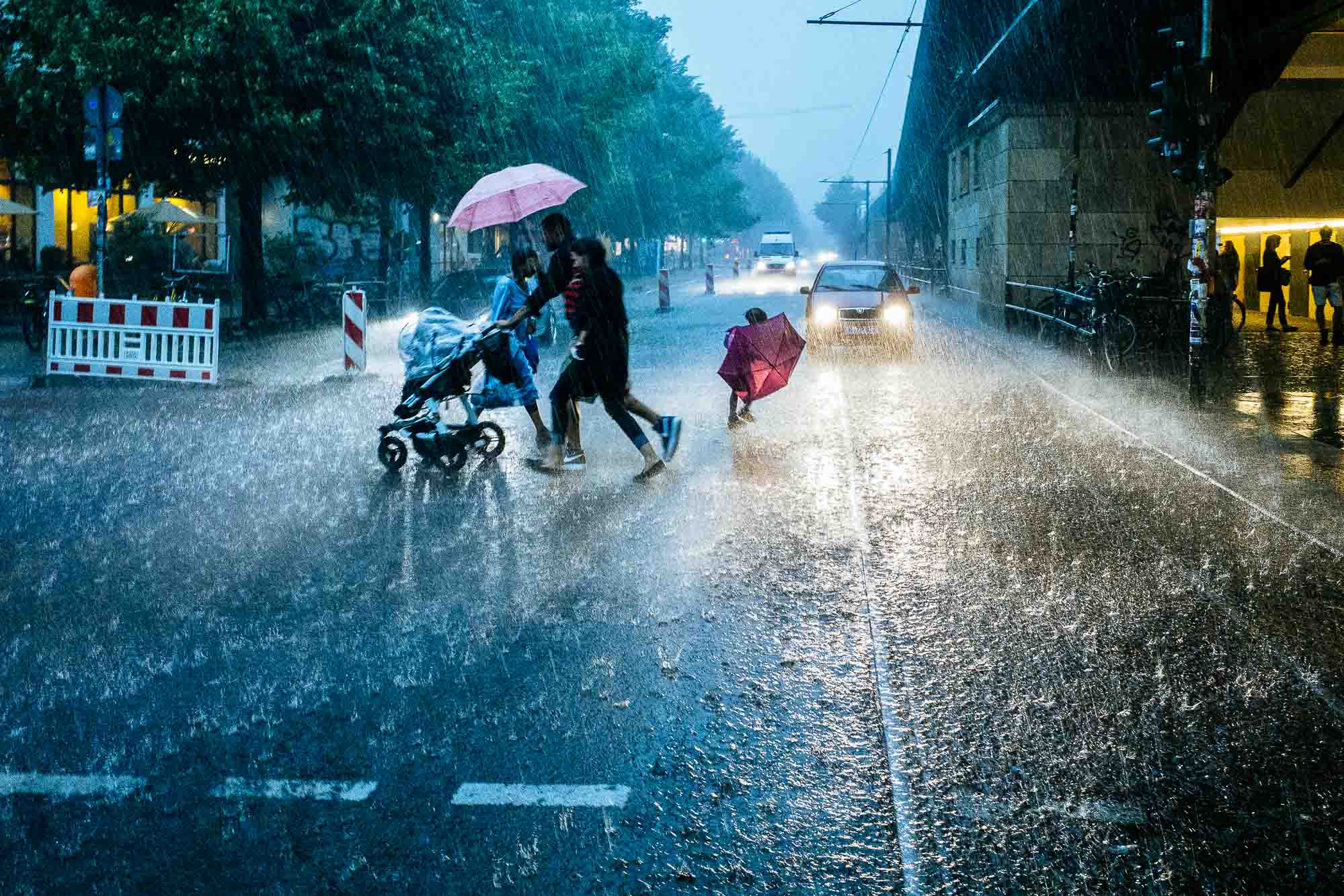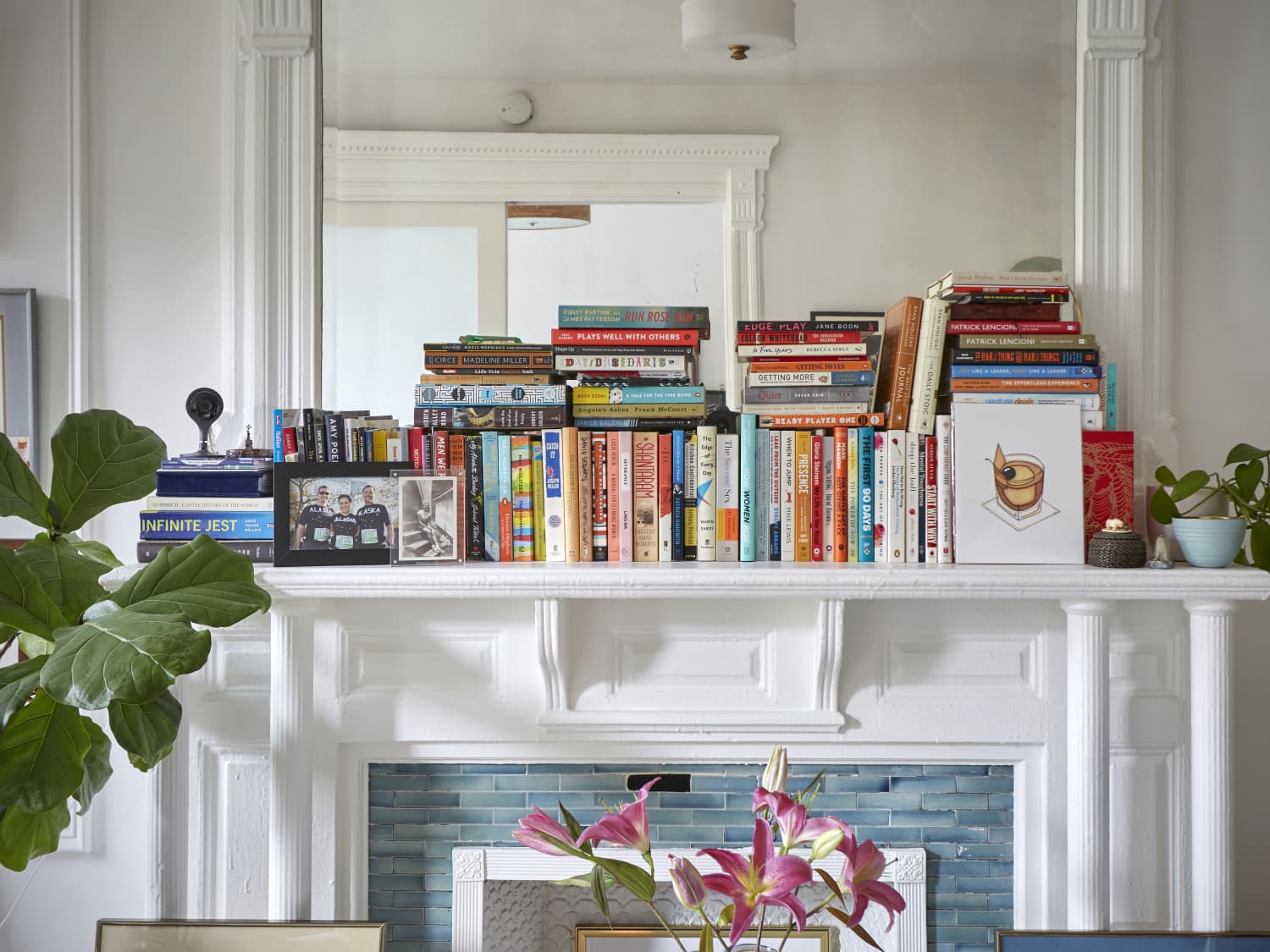I have a confession: I’ve always been drawn to the sound of rain. Not just a passing drizzle or the occasional shower, but the relentless, rhythmic tapping that feels like the world itself is breathing in slow, steady pulses. For some people, rain is an inconvenience, a spoiler of plans or a dampener of moods. For me, it has the strange, almost magnetic ability to center my thoughts, to make the noise of the world recede into something softer and more manageable.
It started as a subtle curiosity. I would lie awake on weekend mornings, windows cracked just enough for the smell of wet asphalt to sneak in, and listen. Each drop had its own signature, a tiny percussion on the roof tiles, a delicate patter on the leaves, or a hollow drum inside an empty tin can on the balcony. I began to notice patterns in the chaos. Some days, the rain sounded like a gentle hum, almost contemplative, while other days it pounded with urgent insistence, like it was trying to wake me from some slumber I hadn’t realized I’d fallen into.
Eventually, the act of listening became more deliberate. I started setting up small routines around it, like brewing a strong cup of tea and sitting by the window with a notebook, letting the droplets dictate the rhythm of my writing. It’s funny how rain has a way of making time feel slower. Seconds stretch into soft minutes, and the endless repetition of that patter lulls the mind into a kind of meditative limbo. It’s comforting in a way that almost defies explanation—a sensation of being cocooned without leaving your room.
One particularly memorable afternoon, the sky darkened quickly, and a heavy storm rolled in. I was at home with nothing pressing to do, which rarely happens, and I decided to fully embrace the rain. I moved my chair closer to the window and listened as the world outside blurred into gray streaks and puddles. It reminded me of childhood, of jumping in puddles with socks soaked through and not caring at all. But more than nostalgia, there was a sense of release, a kind of cleansing that had nothing to do with the wetness outside and everything to do with the soft insistence of water against everything it touched.
I’ve experimented with recordings too, finding that even simulated rain can trigger the same comfort. I sometimes leave the sound looping in the background while I work or read, and there’s an almost magical effect: the familiar drip and patter seem to hold space for my thoughts, letting them wander and settle without judgment. It’s like having a companion who speaks no words, yet understands everything you need to feel. In the quiet of a rain track, my apartment doesn’t feel like walls closing in; it feels like a vessel, holding me gently and securely.
There’s something tactile about listening to rain, even if it’s just auditory. The sound resonates with my own heartbeat sometimes, as if the earth itself is syncing with me. During particularly stressful days, I’ve found that a few minutes of this rhythm can untangle the knots in my mind better than any list of tasks or self-help trick. It’s not an escape but a pause, a way to step outside the usual pace of life without moving an inch.
Rain has also shaped my creativity in unexpected ways. I once tried sketching while the storm raged outside, and the jagged streaks of lightning and the relentless drumming pushed me into lines and patterns I hadn’t considered before. Even when I write, the cadence of falling rain seeps into sentence structures and pacing, influencing the tone without conscious thought. There’s a peculiar intimacy in collaborating with nature in this way, letting its rhythm seep into the way you shape your own expressions.
I remember one evening when I had just moved into a new apartment. The city beyond my window was chaotic, honking cars and endless neon lights. But as the rain started, I felt a sudden dissonance dissolve. The storm masked the noise, transformed it into a gentle symphony. I realized then that rain wasn’t just background sound—it was a filter, a lens through which the chaos of life became more digestible. That night, I sat until late, tea in hand, writing letters I would never send, letting the rain carry fragments of thought away without judgment.
What fascinates me most is how rain can be so versatile in its emotional effect. A soft drizzle evokes reflection and quiet melancholy, a heavy downpour brings exhilaration and almost playful surrender, and a storm with wind and clattering windows can awaken a strange courage, a reminder that the world is alive and unpredictable. I’ve learned to match my mood to the rain, letting it guide rather than dictate, and in doing so, it has become a subtle form of therapy. Each drop is a punctuation mark, a note of reassurance in a life that often feels too fast, too loud, and too insistent.
There’s also a communal aspect, though it’s subtle. Watching people dash through puddles, umbrellas bobbing like bright balloons, I sometimes feel part of an unspoken solidarity. Everyone is temporarily united by a shared sensory experience, even if they don’t know it. And for me, the act of listening alone—the privacy of letting the rain fill my ears while the world keeps spinning outside—creates a rare combination of intimacy and solitude.
On the quieter days, when the rain is a distant murmur, I often find myself replaying the sound in my mind, like a favorite song that never tires. It’s a comfort I can summon almost anywhere: in a cramped apartment, on a noisy train, even while lying in bed at night. I’ve come to realize that this strange comfort isn’t just about sound; it’s about rhythm, presence, and the subtle reassurance that there’s a world outside our own minds that continues, patiently and persistently, in a pattern we can temporarily sync with.
Listening to rain on repeat has taught me patience in a peculiar way. I’ve noticed small changes in my tolerance for silence, for waiting, for simply being. When the sound continues, unbroken and unhurried, it reminds me that not everything requires immediate action or resolution. Some things, like puddles or clouds, are meant to exist without interference. And in that acceptance, I find an unexpected calm, a rare gift in modern life.
By now, it’s become a ritual. I pour a cup of tea, sometimes open a book, but often I do nothing at all, letting the rain dictate the flow of time. I realize that the strange comfort of listening to rain on repeat is really a lesson in presence, a subtle training in mindfulness. The world feels slower, lighter, and somehow more intimate. And perhaps that’s why, no matter how many rainy afternoons I’ve spent doing this, each one feels fresh, like a gentle, recurring therapy session that requires nothing but a willing ear.



